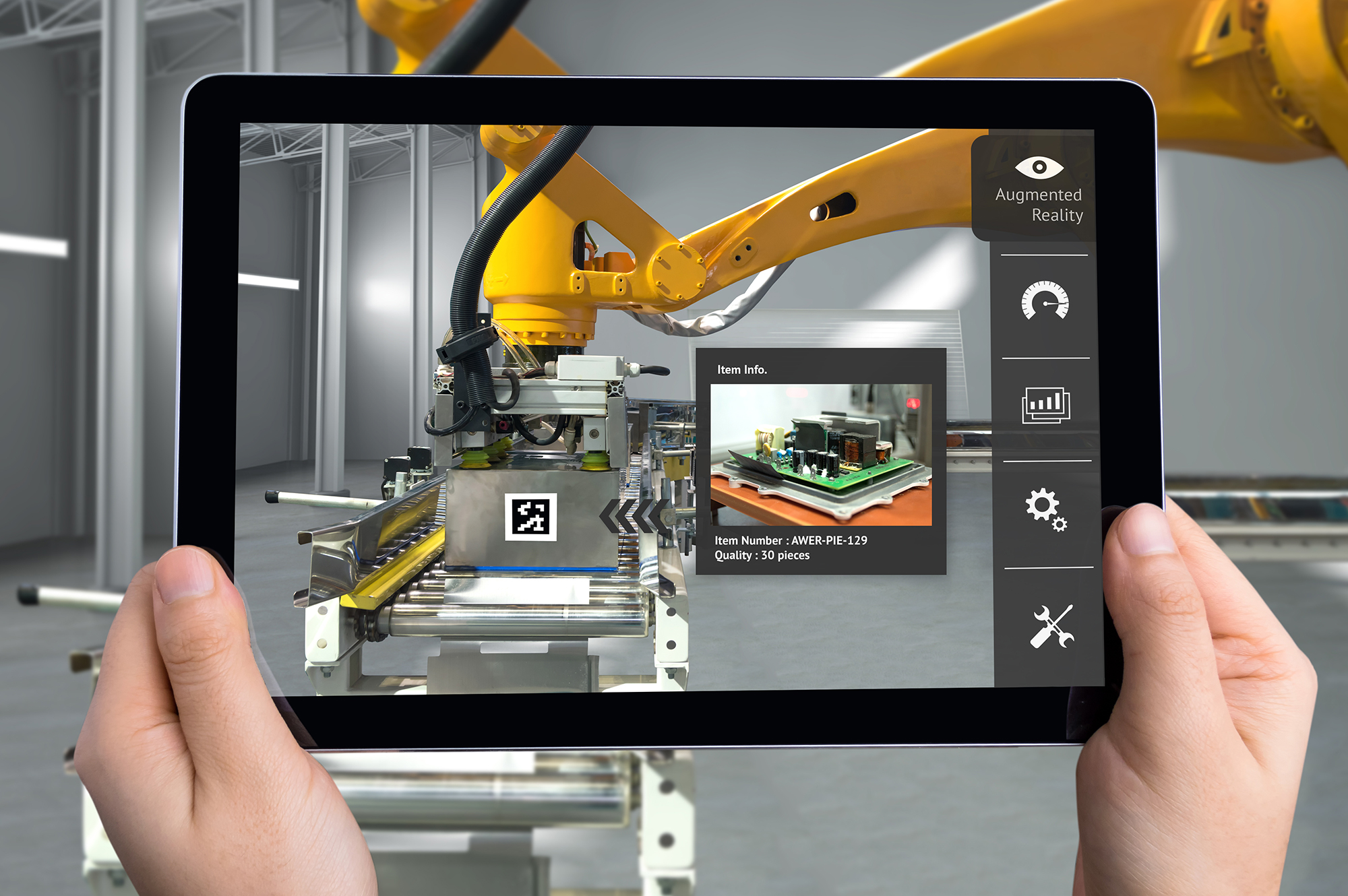
With millions of people now working from home, employees are looking for more ways to connect with their colleagues and teams.
Prior to Covid-19 and the ensuing physical distancing, 54% of employees in the US worked remotely once a month, 48% at least once a week, and about 30% work remotely full time. Those numbers will likely increase, with experts predicting that telecommuting will continue long after the pandemic.
Augmented reality (AR), which overlays computer-generated graphics and information onto live camera video, is one way to bridge the gap, allowing for vivid, immersive collaboration across any distance.
Through AR, team members and clients can work together easily without having to be in the same office, users can communicate with gestures and hand movements, and collaboration tools that use lifelike avatars can make it feel as if your co-worker is sitting right next to you during meetings. You can even create and present 3D mockups of your concepts, so it’s easier to visualize projects.
Helping people work remotely is just one of the AR industry trends we expect to see in 2020. Here are a few more ways AR is revolutionizing the workplace:
As baby boomers retire and more tech-savvy generations enter the workforce, employers are looking for ways to better engage this demographic in immersive learning while transferring important on-the-job knowledge.
Equipping retiring workers with AR technology allows them to track their precise actions while carrying out working processes, giving new employees illustrative digital instructions on how to do their job. With the help of AR, those instructions will be overlaid onto what’s right in front of them in the physical world.
This way of training means transforming traditional, passive learning into integrative experiences that engage the younger generation safely and without the need of an in-person mentor.
The medical industry and military were early adopters of AR, but an increasing number of industries have started to embrace the technology – a trend that’s expected to continue with the development of enterprise AR solutions and industrial applications.
Retail is one industry that is using AR not only to train its employees but to elevate the consumer shopping experience. Almost 65% of brands expect to use AR this year and for good reason. AR allows customers to virtually place products in their home to help them decide on the size and shape of a side table or sectional, or select a paint colour. As more and more of us move our shopping online, AR has the potential to change the very nature of e-commerce.
As more companies explore the advantages of AR for training, development and customer engagement, others that have already embraced the technology in its early stages will move from pilot programs to full solutions. Companies that consider integration with existing systems and processes, security, safety and scalability as they move to full AR adoption will be well positioned to succeed in 2020 – and beyond.
We develop digital knowledge solutions. Our team makes heroes of learning and development professionals. We improve workspace experience (and lives) across the globe, with better learning.




















